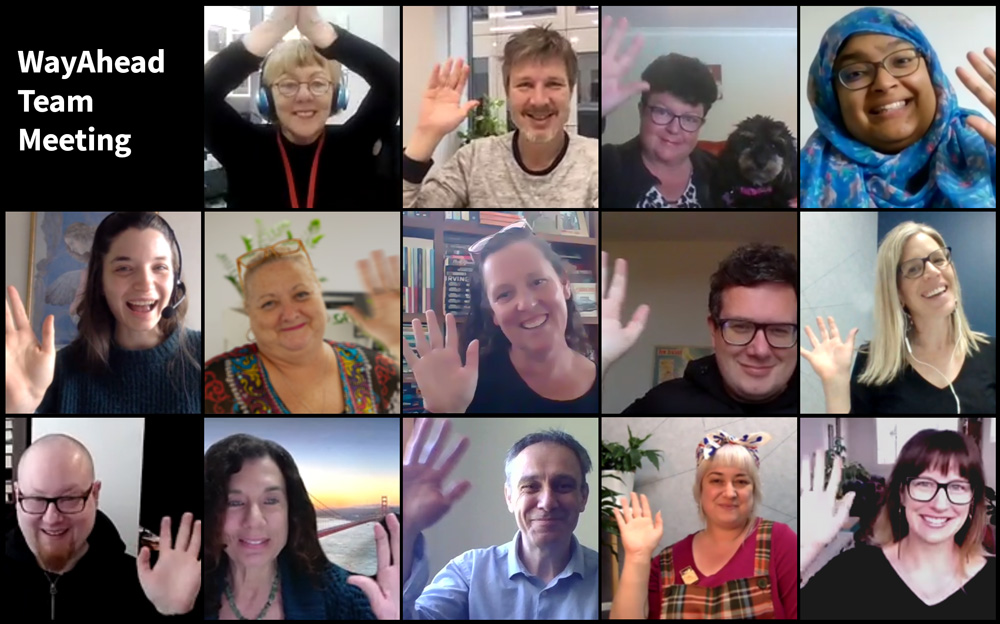What is Empty Nest Syndrome?
Empty Nest Syndrome refers to the grief experienced by parents when one or all of their children have left the family home to live elsewhere. Both parents can experience significant emotions associated with empty nest syndrome, however, mothers tend to experience it most due to the typical role of mother as primary care giver.
Children leaving the family home can be a very stressful situation and can result in mental health issues for some parents. This is especially true if the parents find change and separation hard to cope with, had difficult experiences when they left home, have marital problems, or lack a strong sense of identity or confusion about their role in life without their children.[1. State Government of Victoria. (2015). Empty nest syndrome. Retrieved from https://www.betterhealth.vic.gov.au/health/healthyliving/empty-nest-syndrome][2. Psychology Today. (2014). Empty Nest Syndrome. Retrieved from https://www. psychologytoday.com/conditions/ empty-nest-syndrome]
Changing roles
A significant factor which impacts upon how parents feel when children leave home is the change in parent-child relationship. While your son or daughter will always be your child, leaving home marks the first steps on their path to independence.
It’s important to respect the development in your relationship with your child and to appreciate your new role in their life. This new role may involve support and advice rather than meeting their basic everyday needs.[3. The Huffington Post. (2013). 4 things they never tell you about empty nest syndrome. Retrieved from http://www. huffington post.com/shelley-emling/empty-nest-syndrome_b_39562 31.html?ir=Australia]
How do I find myself in the new family dynamic?
In addition to changes in your relationship with your child, it is also important to recognise that the absence of a child may result in changes in your relationship with your partner and any remaining children. This is completely normal. Allow time for adjustments to be made and new roles to be explored.
Siblings may also experience a sense of loss when their brother or sister leaves the family home.
It‘s important to ensure that they also receive the support they need and feel that they have an outlet for their feelings of grief or confusion.[3. The Huffington Post. (2013). 4 things they never tell you about empty nest syndrome. Retrieved from http://www. huffington post.com/shelley-emling/empty-nest-syndrome_b_39562 31.html?ir=Australia]
When a child leaves home it should also be viewed as an opportunity to reconnect with your partner or other children. The additional time you have in the absence of one child leaves more time and energy for others.[4. Mayo Clinic. (2015). Empty nest syndrome: Tips for coping. Retrieved from http://www.mayoclinic.org/healthy- lifestyle/adult-health/in-depth/empty-nest-syndrome/art- 20047165]
What other issues can affect Empty Nest Syndrome?
At this point in an adult’s life, there may be other significant life events occurring at the same time. Other significant life events may intensify grief over the absence of a child. These changes could include:
- Retirement
- Redundancy
- Menopause
- Death of a spouse[1. State Government of Victoria. (2015). Empty nest syndrome. Retrieved from https://www.betterhealth.vic.gov.au/health/healthyliving/empty-nest-syndrome]
Coping with stress and depression
Feeling stressed is a normal reaction when your child moves out of home. Considering strategies for coping may make this transitional period easier.
Consider the following strategies to make the transitional period easier:
- Allowing yourself to feel upset
- Discussing your thoughts and feelings with your partner
- Seeking support from people who have been through the same experience and can understand what you are going through
- Giving yourself time to adjust to the situation
- Using your new free time to pursue hobbies and interests
- Avoiding making big decisions until you feel that you have adjusted, such as downsizing
- Maintaining normal routines and self-care, such as healthy diet and exercise
- Seeking professional support if you begin to feel overwhelmed[1. State Government of Victoria. (2015). Empty nest syndrome. Retrieved from https://www.betterhealth.vic.gov.au/health/healthyliving/empty-nest-syndrome]
What do I do now?
Allowing your child to grow into an adult without feelings of guilt is essential for their future wellbeing. Now is the time to start a new hobby, join a club, volunteer, begin a course, or even re-enter the workforce.[2. Psychology Today. (2014). Empty Nest Syndrome. Retrieved from https://www. psychologytoday.com/conditions/ empty-nest-syndrome]
Where can I find help?
It is important that you seek support if you are feeling overcome by emotions and your mental health is being negatively affected. Talk to a friend or family member or seek professional support to ensure that you do not become too overwhelmed.
Where do I go for help?
The WayAhead Directory is an online resource providing a comprehensive list of mental health related services in NSW.
Mental Health Information Line
1300 794 991
Anxiety Disorders Information Line
1300 794 992
Your local doctor (GP)
Translating & Interpreting Service
(TIS) 131 450
Please call the Mental Health Information Line through the Telephone Interpreter Service (TIS). Free to Australian citizens or permanent residents.
Disclaimer
This information is for educational purposes. As neither brochures nor websites can diagnose people it is always important to obtain professional advice and/or help when needed.
This information may be reproduced with an acknowledgement to WayAhead – Mental Health Association.
The Association encourages feedback and welcomes comments about the information provided.





